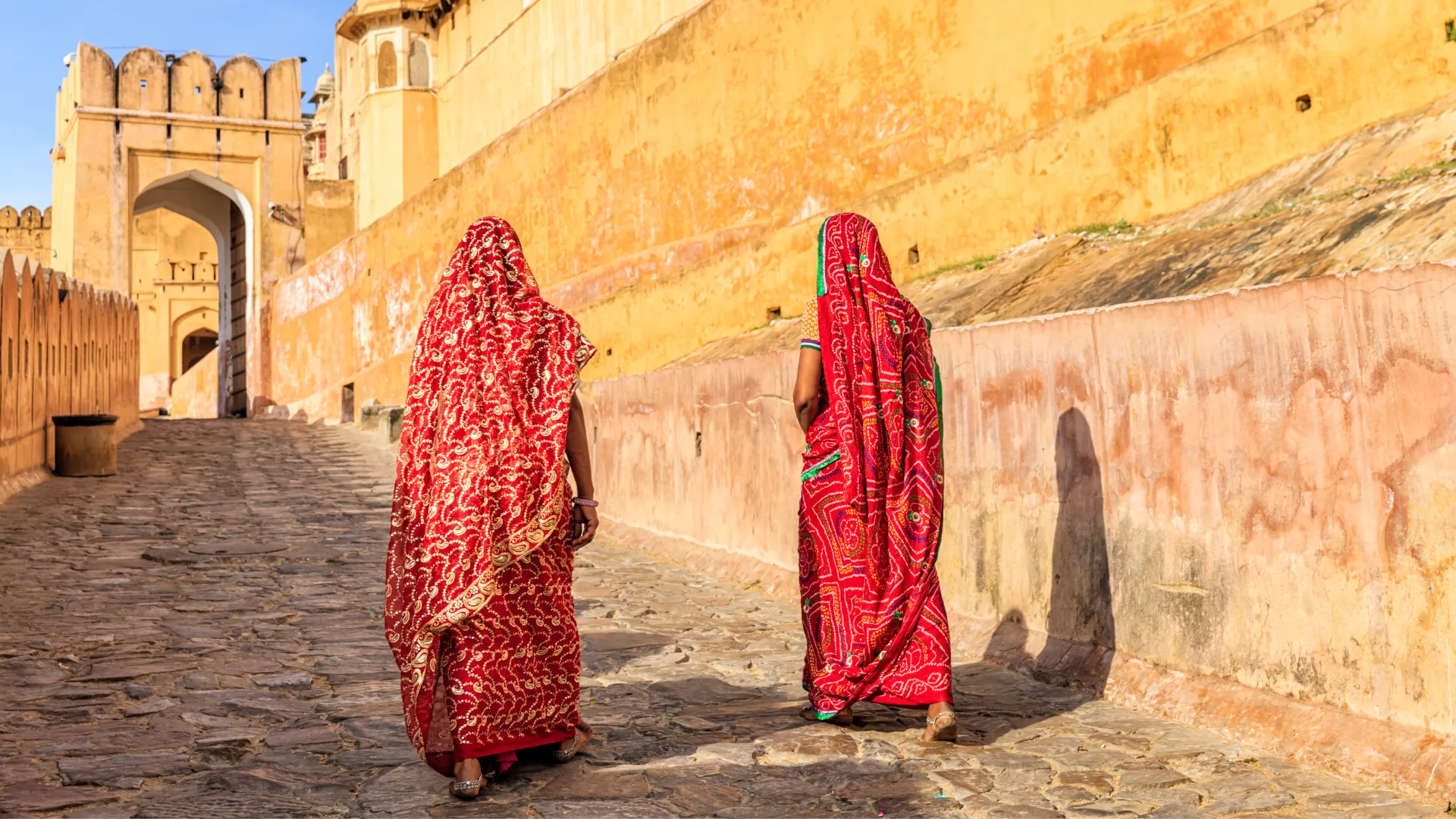Laws of Social Reproduction

Aims
Feminist scholars have long demonstrated the invisibility of women’s reproductive labour, performed in bearing and raising children, maintaining households and socially sustaining male labour. Feminist economists have strived to get international agencies and national governments to redraw the “production boundary” to ensure the recognition of women’s unpaid labour. Today mainstream international institutions such as the World Economic Forum, OECD and private donors like the Bill and Melinda Gates Foundation acknowledge the need for women’s economic empowerment and note how their unpaid labour hinders their participation in the formal economy, particularly in the global South. Sustainable Development Goal 5.4 in fact requires that unpaid care and domestic work be recognised and valued through the provision of public services, infrastructure and social protection policies and the promotion of shared responsibility within the household and the family as nationally appropriate. In the absence of commitment from states and international institutions to such systemic reforms however, and the increased criminalisation of women’s economic choices, this project takes as its point of departure the very theorising of the concept of social reproduction.
Methods
Normative: Articulates a materialist feminist theory of reproductive labour, revitalises feminist legal theory on the economy through a distributional analysis of the laws of social reproduction.
Empirical: Consolidates and supplements through new empirical research the study of the political economies and legal ethnographies of sex work, bar dancing, commercial surrogacy, paid domestic work and unpaid domestic work to improve women’s economic bargaining power.
Regulatory/Policy: Catalogues for each sector innovative economic models, legal and governance tools and policy proposals (including local experimental measures and radical blue-sky ideas) to enhance women’s economic bargaining power.
Political Impact: Shifts political sensibilities by dissolving discursive and policy silos between these sectors.
Our Partners

European Commission Horizon 2020

Initiative for What Works to Advance Women and Girls in the Economy (IWWAGE)
Principal Investigator
Affiliations
Project websites
Funding
Funding Body: European Commission
Amount: €1,999,542
Period: September 2018 - August 2024

